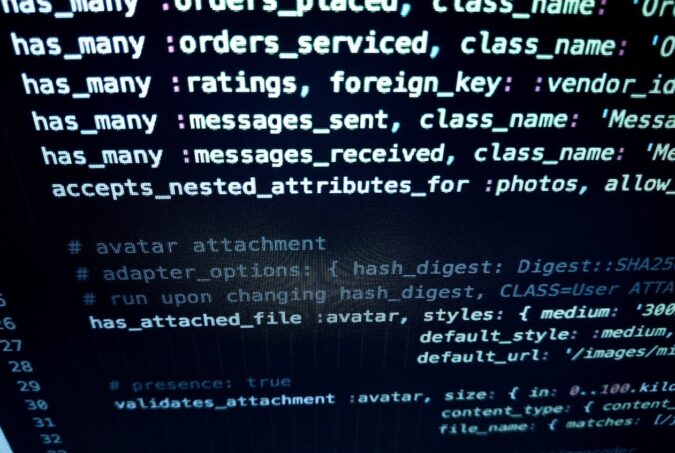Catching a bus, picking up some groceries, calling home to check on the children—all simple, seemingly private activities that characterise many people’s end to the working day. Yet each of these activities leaves a data trail that enables companies, even the state, to track the most mundane aspects of our lives. Add to this the range and quantity of personal data that many of us willingly post online on our blogs, Facebook walls or Google docs, and it is clear that the trail of digital footprints we leave is long and hard to erase. Even if in most cases, this data is only likely to be used in an anonymised and aggregated form to identify trends in transport or shopping patterns, or to personalise the Internet services available to us, the fact that its collection is now so routine and so extensive should make us question whether the regulatory system governing data collection, storage and use is fit for purpose. A forthcoming OII policy forum on Tracing the Policy Implications of the Future Digital Economy (16 Feb) will consider this question, bringing together leading academics from across several disciplines with policy-makers and industry experts. This is a topic which the OII is well-placed to address. Ian Brown’s Privacy Values Network project addresses a major knowledge gap, measuring the various costs and benefits to individuals of handing over data in different contexts, as without this we simply don’t know how much people value their privacy (or indeed understand its limits). The last Oxford Internet Survey (OxIS) rather surprisingly showed that in 2009 people were significantly less concerned about privacy online in the UK than in previous years (45% of all those surveyed in 2009 against 66% in 2007); we wait to see whether this finding is repeated when OxIS 2011 goes into the field next month. Our faculty also have much to say about the adequacy (or otherwise) of the regulatory framework:…
The fact that data collection is now so routine and so extensive should make us question whether the regulatory system governing data collection, storage and use is fit for purpose.




